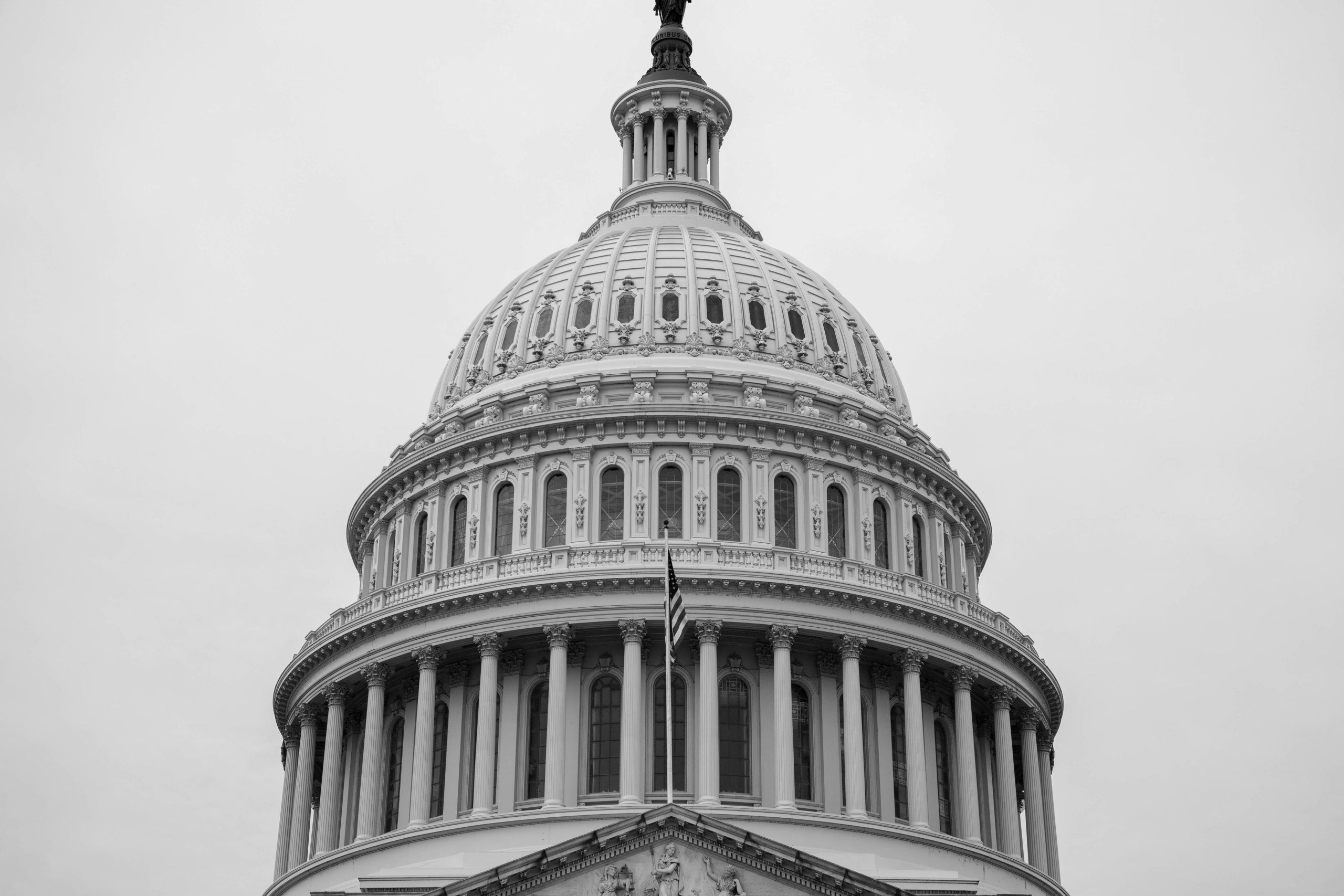 We are pleased to inform our readers that yesterday July 9th, the U.S. Department of State’s Bureau of Consular Affairs released the August Visa Bulletin. In this blog post we breakdown the projected movement of the employment-based and family-sponsored categories in the month of August.
We are pleased to inform our readers that yesterday July 9th, the U.S. Department of State’s Bureau of Consular Affairs released the August Visa Bulletin. In this blog post we breakdown the projected movement of the employment-based and family-sponsored categories in the month of August.
USCIS Adjustment of Status
For employment-based preference categories, the U.S. Citizenship and Immigration Services (USCIS) has confirmed that in August it will continue to use the Final Action Dates chart to determine filing eligibility for adjustment of status to permanent residence.
For family-sponsored preference categories, USCIS will continue to use the Dates for Filing chart to determine filing eligibility for adjustment of status to permanent residence.
Highlights of the August 2024 Visa Bulletin
Employment-Based Categories
Final Action and Dates for Filing EB-2 and EB-3 India Advancement
- The Final Action date for EB-2 India will advance to July 15, 2012 and the Date for Filing to July 22, 2012
- The Final Action date for EB-3 India will advance to October 22, 2012 and the Date for Filing to November 1, 2012
Other Categories
- The Final Action dates and Dates for Filing for the remaining employment-based categories remain the same as the July Visa Bulletin
EB-3 Retrogression in September
- The State Department warns applicants that the EB-3 Final Action date will likely retrogress or become unavailable in the September Visa Bulletin
Family-Sponsored Categories
Dates for Filing Advancements
F-2A Spouses and Children of Permanent Residents
- F2A All countries will advance by seven and a half months to June 15, 2024 (from November 1, 2023)
F3 Married Sons and Daughters of U.S. Citizens
- Except for Mexico and the Philippines, all other countries will advance by three months to January 1, 2011 (from October 1, 2010)
F-4 Brothers and Sisters of Adult U.S. Citizens
- F4 Mexico will advance by two days to April 30, 2001
Final Action Date Advancements
F-2B Unmarried Sons and Daughters (21 years of age or older) of Permanent Residents
- F2B Mexico will advance by one week to July 15, 2004
 Visa Lawyer Blog
Visa Lawyer Blog










